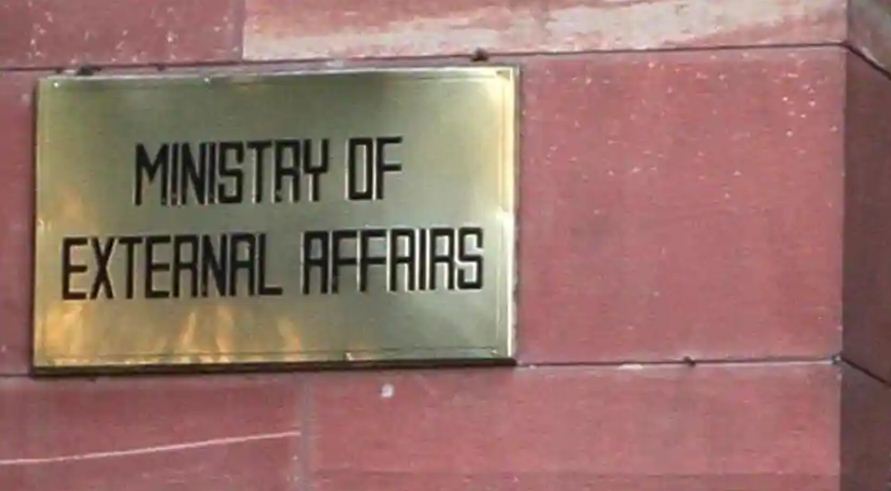India has decided to withdraw its High Commissioner to Canada, Sanjay Kumar Verma, and other diplomats following escalating diplomatic tensions between the two countries. On Monday, the Ministry of External Affairs (MEA) summoned Canada’s Charge d’Affaires, Stewart Wheeler, to protest the “baseless targeting” of Indian diplomats and officials.
In an official statement, the MEA criticized the Trudeau government of creating an atmosphere of extremism and violence that endangered the safety of Indian diplomats in Canada. “We have no faith in the current Canadian government’s commitment to ensuring their security. Therefore, the Government of India has decided to withdraw the High Commissioner and other targeted officials,” the statement read.
India’s move follows a recent diplomatic communication from Canada suggesting that the Indian High Commissioner and other diplomats were “persons of interest” in an investigation. India strongly rejected these claims, calling them “preposterous” and part of Prime Minister Justin Trudeau’s political agenda.
“Since Trudeau made certain allegations in September 2023, the Canadian government has failed to share any evidence with India despite repeated requests. The latest step further confirms a deliberate strategy to smear India for political gains,” the MEA added.
Shortly after India took an aggressive stance on its relationship with Canada by deciding to withdraw the Indian High Commissioner and other diplomats, the Canadian Charge d’Affaires Stewart Wheeler claimed that Canada had provided proof of ties between agents of the government and the murder of an Indian citizen.
Tensions between the two countries have been on the rise since Trudeau’s September 2023 statement in the Canadian Parliament, where he claimed to have “credible allegations” linking India to the killing of Khalistani terrorist Hardeep Singh Nijjar. India dismissed the allegations as “absurd” and “motivated,” accusing Canada of harboring extremist and anti-India elements. Nijjar, designated a terrorist by India in 2020, was shot dead outside a Gurdwara in Surrey in June 2023.
India’s latest statement went further, accusing Trudeau’s government of fostering an environment where extremists and separatists could operate freely. “The Trudeau government has consciously provided space to violent extremists and terrorists to harass, threaten, and intimidate Indian diplomats and community leaders in Canada. These activities have even included death threats,” the statement said.
The MEA also criticized Canada for fast-tracking citizenship for certain individuals linked to extremist activities and disregarding multiple extradition requests from India concerning terrorists and organized crime leaders residing in Canada.
In addition, India hinted at taking reciprocal actions, citing concerns over the activities of the Canadian High Commission in India. “India reserves the right to take further steps in response to these latest efforts by the Canadian government to concoct allegations against Indian diplomats,” the MEA said.
Relations between India and Canada have been strained for years, with Trudeau’s government accused of interfering in India’s domestic matters. The MEA noted that Trudeau’s 2018 visit to India, aimed at securing political favor with certain groups, backfired. The statement also criticized Trudeau’s reliance on political allies with separatist leanings, further aggravating bilateral ties.
The diplomatic fallout comes amid growing scrutiny of Trudeau’s government for its handling of foreign interference in Canada. “It is no coincidence that these developments unfold as Trudeau is set to testify before a commission on foreign interference,” the MEA remarked, suggesting that India was being used as a scapegoat to divert attention from domestic issues.
(Inputs from ANI)














